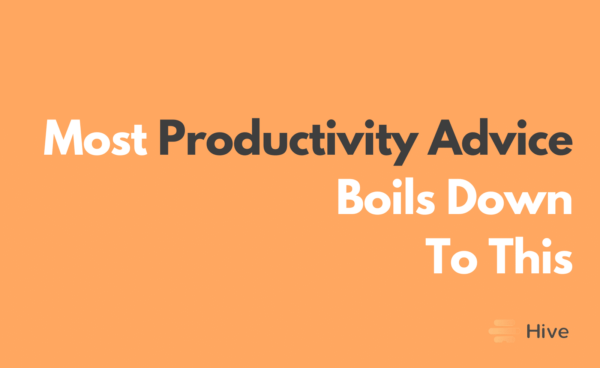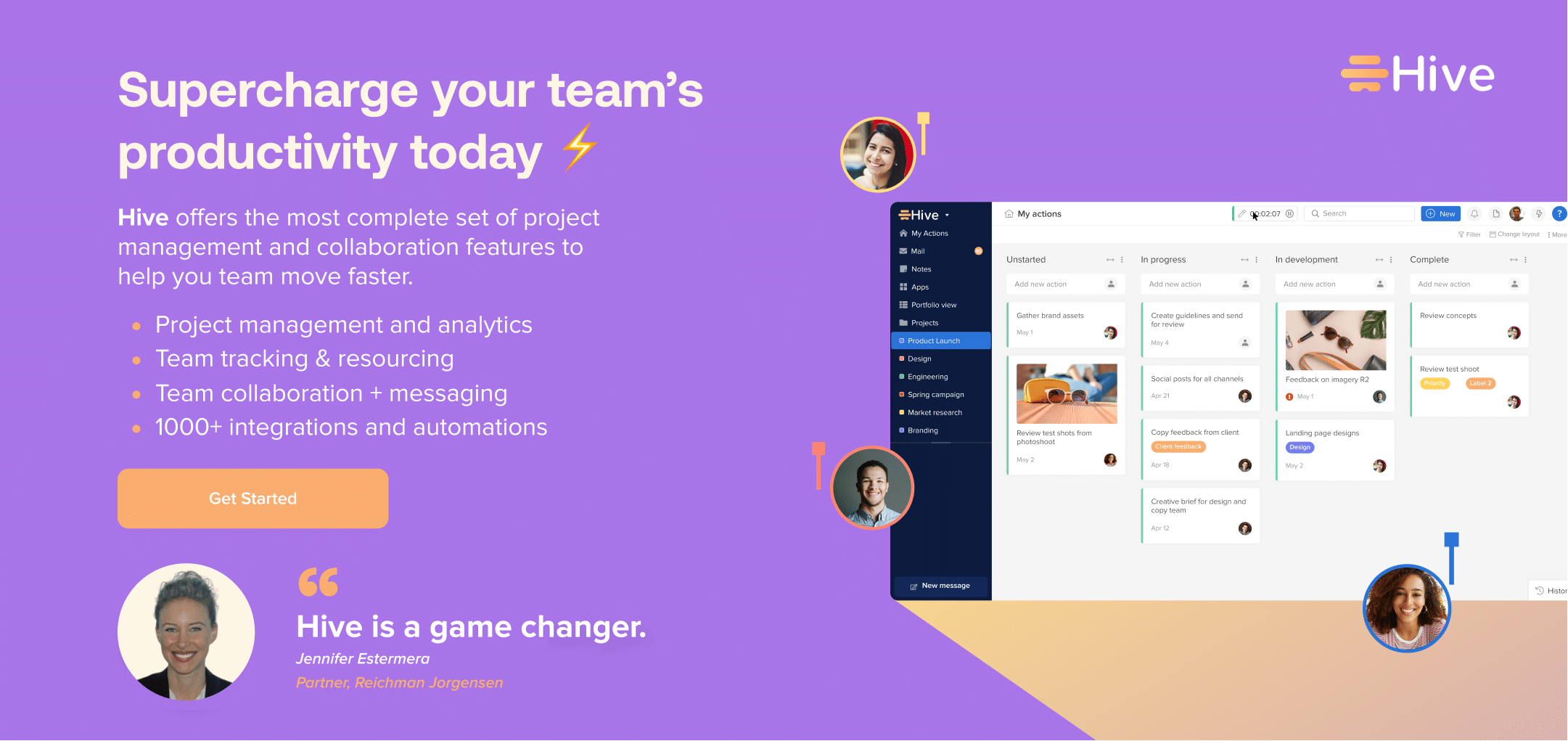The world is a seemingly endless digital space: almost everyone is connected virtually all the time. Getting things done can be tricky if you can’t block time off and get away from the noise.
Time is an enemy of productivity. We all have limited hours in a day, and often our schedules are filled with other obligations as well.
If you can’t find focused time for your tasks, then why are you even trying? Because in the end, you waste time and make little or no progress.
Productive people know to prioritize tasks, and they put their focus on the essential parts of their lives.
The secret to unlocking your productivity is to figure out what you’re doing wrong or stopping you from getting real work done. Once you know what’s not working for you, you can start working towards fixing it.
In other words, it’s not that you’re not productive enough. You’re distracted by other tasks, multitasking, meetings, notifications and off and online conversations.
“By prevailing over all obstacles and distractions, one may unfailingly arrive at his chosen goal or destination,” says Christopher Columbus.
Most people don’t have the most productive setup when it comes to getting things done. Their immediate environment is full of hidden distractions that take their hands and minds off work.
The three major distractions that sabotage productive work
- Visual: taking your eyes off your immediate task to browse, check a notification, or read a message.
- Manual: taking your hands off your computer or productive tool for work and engaging in unimportant tasks like a conversation with others.
- Cognitive: taking your mind off the productive process to wander or ruminate about unrelated tasks.
“Be aware when distractions come your way. You’ll know it’s a distraction when you stop doing what you’re supposed to be doing and find yourself pondering things that have no value,” says Beverly R. Imes.
The key to getting more done is to figure out your most distracting habits.
Sometimes even the tools meant to help us advance productive work impede progress.
Measure how your productivity tools are helping you and ask yourself: are these obstructing or advancing great work?
Another key to getting things done is finding a good balance between your tasks. You don’t want to have too much on your plate, so you need to strike a good balance.
Limit your daily tasks (separate your high-value tasks from low value-distractions). Be realistic with how much time you have and how much you accomplish in a given workday.
“People allow themselves to get distracted; I think ultimately, probably the biggest thing that gets in the way of people doing at any point in time is distraction,” argues David Allen.
In our fast-paced, digital world, the demands of daily life can intrude on your productive hours. You have to remove and limit distractions actively.
Productivity is a way to achieve goals, and that means learning more about what gets your attention and what shouldn’t take you away from important work.
Besides being a means to an end, productivity managing personal activities, time, and tasks and doing more of what’s working.
Most productivity boils down to tools, routines, habits and rituals that can help you get more things done despite long and sometimes useless meetings, persistent distractions, and perpetual busyness that defines modern work.
Real productivity is learning to remove the many distractions in our way.
It means planning fewer meetings, limiting phone distractions, setting better boundaries at work, decluttering your workspace and using only the most essential tools to advance great work.
The goal is to unconsciously limit the many distractions that get in the way of work to improve focused work.
And always remember, you are not busy, you are probably just distracted by too many things.
This article originally appeared in Medium.





